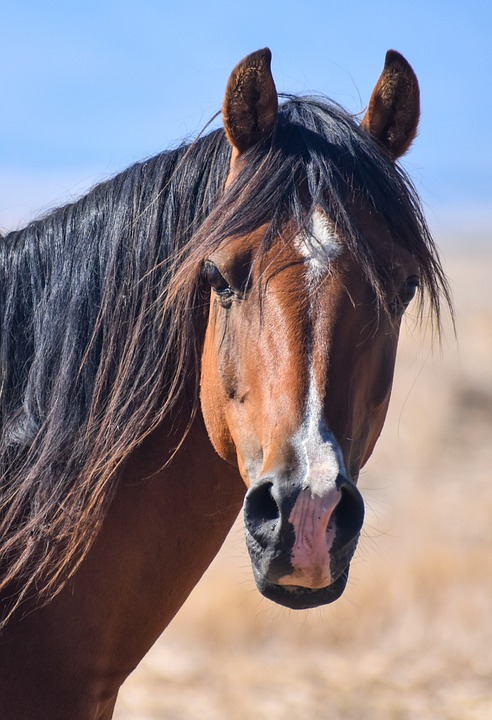Horse welfare has become a significant topic of conversation surrounding the equestrian competition at the Olympics in Paris. The scandal involving champion rider Charlotte Dujardin has brought attention to the issue and sparked discussions within the horse racing community. Lisa Lazarus, CEO of the Horseracing Integrity and Safety Authority, emphasized the importance of prioritizing the welfare of horses in all horse sports to maintain the public’s trust and ensure the longevity of the sport.
The controversy surrounding Dujardin, who was caught on video striking a horse, led to her withdrawal from the Paris Games and a provisional suspension from the International Federation for Equestrian Sports. Additionally, Carlos Parro received a warning for using a prohibited move known as “Rollkur” that can harm the horse’s breathing. These incidents have reignited the debate on animal welfare in equestrian sports and raised concerns about the treatment of horses in competitive settings.
The public backlash following these events is reminiscent of past controversies in horse racing, such as the spate of deaths around the Kentucky Derby that prompted Churchill Downs to suspend racing and investigate the causes. Despite efforts to improve safety and reduce fatalities, incidents like these continue to challenge the existence of animal sports in the modern era.
Prominent figures in the horse racing community, like thoroughbred trainer Graham Motion and marketing expert Vicky Leonard, acknowledge the need for transparency and proactive measures to address welfare concerns. Motion praised the efforts of the Horseracing Integrity and Safety Authority in making the sport safer for horses and jockeys, citing a decrease in fatalities at regulated tracks. Leonard highlighted the importance of showcasing the care and dedication that goes into looking after horses to build public support and trust.
The implementation of new regulations, such as limiting the use of the riding crop during races, reflects a shift towards a more welfare-focused approach in horse sports. While challenges remain, there is a growing recognition within the industry of the need to prioritize animal welfare and promote a culture of care and responsibility. As the conversation around horse welfare continues to evolve, stakeholders in equestrian and horse racing are working towards creating a safer and more ethical environment for horses and athletes alike.





